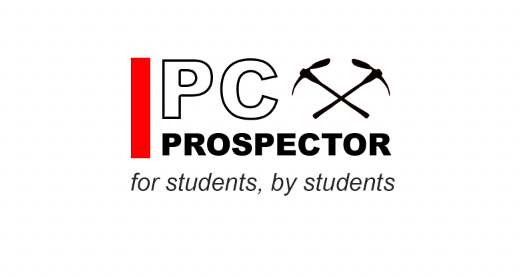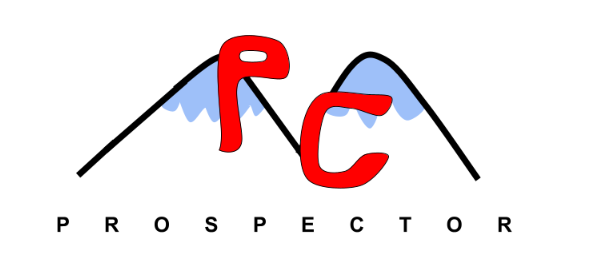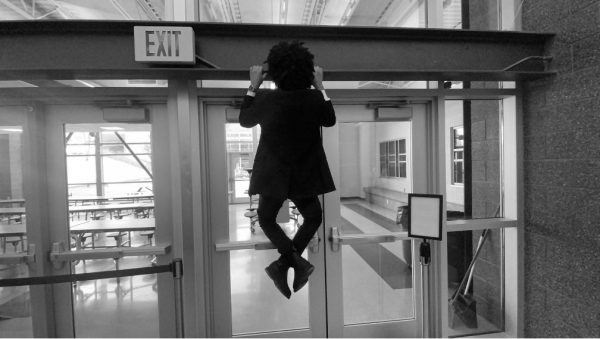Are Ivy Leagues Really Better?
We’ve all heard of them: Harvard, Yale, Princeton, Brown, Columbia, Cornell, Dartmouth, and University of Pennsylvania. They are the Ivy Leagues; the pinnacle of higher education.
During the twelve years that most students spend in the American Education System, they are conditioned to believe that the best college education they can receive is from an Ivy League. But while the costs of attending these schools skyrocket and the acceptance rates plummet, the question worth asking is: Are the Ivies better than other schools in?
Society has already answered that question with a resounding yes. The more elite the school, the better the education. In other words, a low acceptance rate equals a superior school. Not to mention if you are one of the exceptional few to make it into Harvard or Yale, you have bragging rights.
And it’s true that there are some aspects of Ivy League schools that are quite impressive. All of them boast graduation rates of above 80% and most students typically have a starting salary between $60,000 and $65,000. All of these schools advertise smaller undergraduate class sizes, with all of their freshman classes below 3200 students. And Ivy League schools have broad alumni networks that can be used to help students create connections Perhaps most importantly, all have endowments of over a billion dollars.
Lea Makhloufi, a freshman at University of Pennsylvania said, “Attending an Ivy League has been an amazing so far. I think Penn is less focused on being an ‘Ivy League’… more of us identify as being smart at an amazing institution called Penn than we do for being an Ivy League.”
But recent studies have shown that after attending prestigious schools many recent college graduates are being afforded the same job opportunities as their peers from state schools.
Promotion of state school education has been on the rise recently, and many state universities have increased the quality of their programs and research opportunities. The University of Utah for example is ranked as the 51st best public school in the nation and boasts academic programs such as the Hinckley Institute and the Eccles School of Business.
“I’m a part of the business program and the business scholars program… Through that we have the opportunity to travel domestically for free to do company visits, so I’m going to San Diego in November, and we also have the opportunity within Salt Lake to meet with companies … there’s just so many opportunities,” said University of Utah freshman McCauley Finnegan.
There are many institutions that have renowned programs, the University of California Berkeley has the third best engineering program in the country and Colorado State University has the third best veterinary program in the nation. The University of California Los Angeles is the second best research institution in the nation. Additionally, there are remarkable service opportunities on every campus. The argument that public colleges lack opportunities and resources is aging and increasingly obsolete.
In this day and age the prestige of an Ivy League education is wearing off as more students realize they can have the same if not more opportunities at state universities. State schools can provide educations that give graduates what they need for success. So before you apply this year, don’t count the state institutions out.






